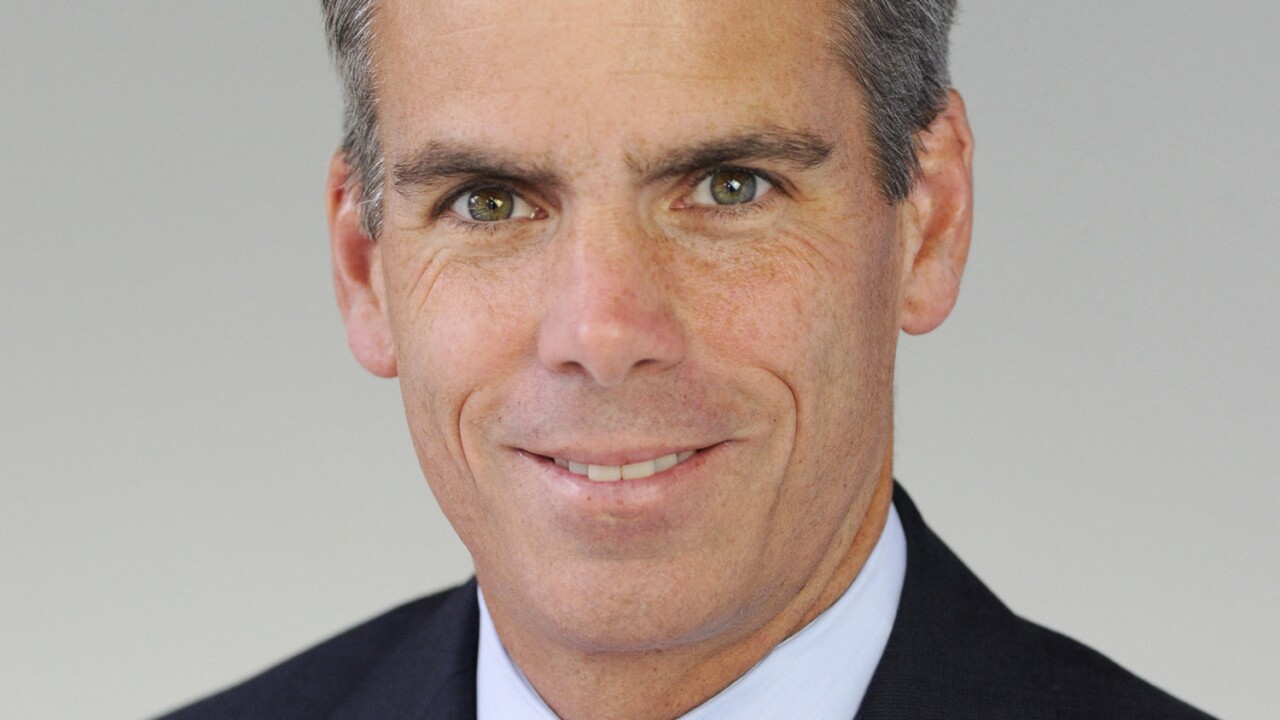A San Francisco company that touts itself as a more consumer-friendly alternative to payday lenders has changed its name in an effort to establish a closer connection to its customers.
The 6-year-old

James Gutierrez, the company’s co-founder and CEO, said in an interview that the old names proved too confusing for consumers. In explaining the origins of the new name, he compared an aura to a credit score, saying, “It seems invisible, but it matters a lot.”
Aura is licensed to operate in California, Texas, Arizona and Illinois. Since launching in 2014, the firm has lent out more than $390 million to 320,000 borrowers. Its installment loans average around $1,200. Interest rates average approximately 34%, according to Gutierrez. Customers also pay an origination fee.
Aura competes against Oportun, a Redwood City, Calif., company also founded by Gutierrez, who stepped down as its chairman in 2012. The federal government has certified both companies as community development financial institutions, which operate in underserved communities. Oportun, formerly known as Progreso Financiero,
But unlike Oportun, Aura does not operate its own network of stores. Instead, the firm offers its loans through a network of retail partners that operate in more than 1,200 locations. Those partners include the money transmission chain DolEx, which focuses on the Hispanic market.
After the name change, the Aura brand will be made more prominent to consumers than Lendify was previously. In another move that figures to establish a closer relationship with customers, the company will provide free credit scores, a summary of what is in their credit report and a personalized budget.
Aura makes loans only after analyzing the borrower’s ability to repay them, and Gutierrez said that he was disappointed to see the recent proposal by the Consumer Financial Protection Bureau
“You don’t give someone a loan unless they can repay,” he said. “It’s just pretty basic stuff.”





